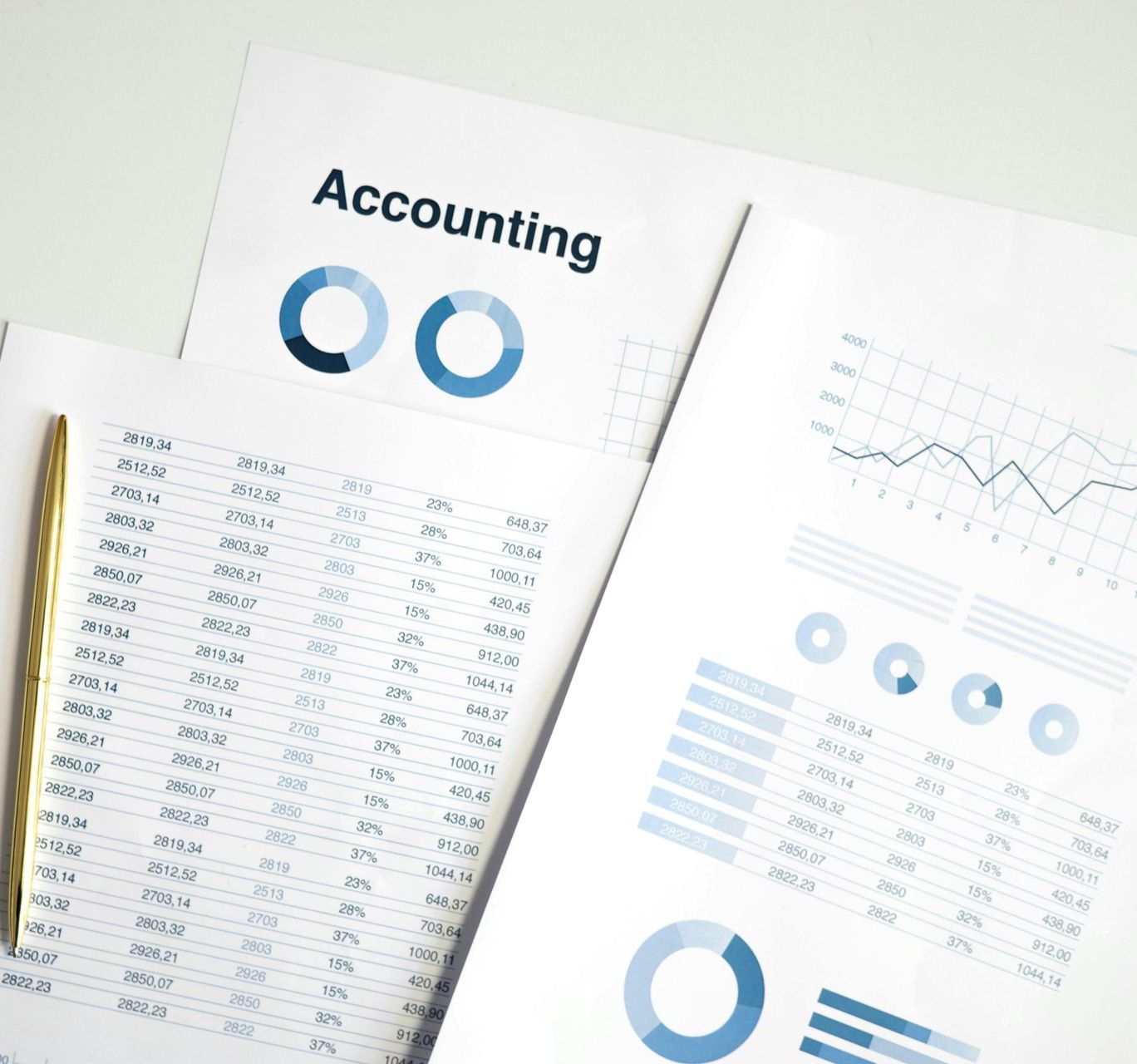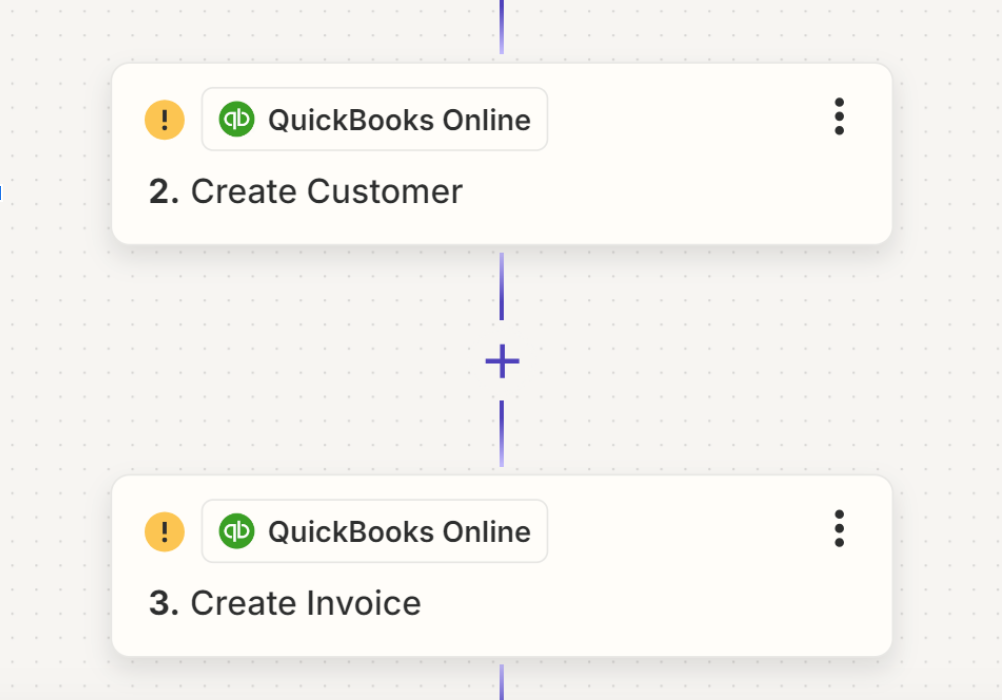Small Business Accounting Tips to Keep Your Books Balanced
As a small business owner, it’s all too easy to let your accounting fall by the wayside. While it’s tedious and time consuming, accounting is essential to the success of your business. By maintaining balanced books, you can much more easily understand past financial performance - understanding where you made and lost money - opening up the door to better financial forecasting.
The reality is that the way you handle your accounting can make or break your business. Here are several of the most important small business accounting tips to keep your books balanced.
1. Keep Up with Receivables
While getting paid is exciting, managing receivables can be a daunting task. Instead of allowing all of your receivables to pile up, it’s important to keep track of them as they come. You don’t want to end up in a situation where you’re overwhelmed at tax time with countless customer deposits to reconcile, or even worse, no payment! Being proactive can save you a great deal of time, money, and hassle down the road. Remember.. revenue doesn’t always equal cash!
2. Create Cash Flow Statements
A cash flow statement can provide you with a comprehensive understanding of the cash that moves in and out of your business. If you create cash flow statements on a weekly or monthly basis, you’ll find it easier to anticipate expenses and allocate income more appropriately. Regular cash flow statements can also help you build financial trajectories.
3. Record Expense Receipts
Every time your business makes a purchase, you should record it. To do so without the hassle, you could try using one credit card for all business-related expenses. Another idea is to leverage a tool like Bill.com or Melio to manage vendor payments. You can also take photos of your receipts and store them in one designated location - we use Hubdoc or Bill.com. By keeping good track of your expenses, you won't be surprised or unsure about charges on your bank statement, and be able to prevent a number of cash flow, accounting, and tax issues.
4. Separate Personal and Business Accounts
Many small business owners use the same bank account and credit card for their business and personal needs. If you go this route, there’s a good chance you’ll overlook vital business transactions. Having a separate bank account for your personal and business accounts can make it far easier for you, your bookkeeper, and/or accountant in the long term to determine how you're spending your money. We also recommend having a second business credit card to keep those expenses separate from personal as well.
5. Invest in a Tax Professional
Nobody likes tax season, but we all have to pay taxes. While DIY tax preparation may seem like a good idea, it can actually cost you thousands of dollars down the road… if not more! Unless you’re a seasoned tax pro, you’re likely to miss a tax deduction or pay less or more in taxes than what you actually owe. Tax laws are ever-evolving and failing to keep up with them can lead to serious income taxes penalties. We’ve been focused on building out our tax team to support the growing needs of our customers. Give us a ring!
6. Communicate with Your Accountant and Bookkeeper Often
Even though you’re busy, make it a priority to keep in touch with your accounting team. View them as your trusted business advisors. Partners that can provide you with valuable tips and answers to questions you may have about taxes, cash flow, budgeting, etc. If they send you an email or document with a term you don’t understand, don’t be afraid to ask them what it means. Remember, knowledge is power!
Interested in a Small Business Accounting Services? Contact GrowthLab Today
At GrowthLab, we help small businesses like yours succeed. We offer top-notch business accounting focused on your unique needs. You can trust us with historical cleanup, bill pay, actuals-to-budget reporting, grant account, 1099 processing, and filing, and more.
Other Blogs Related to Small Business Accounting






